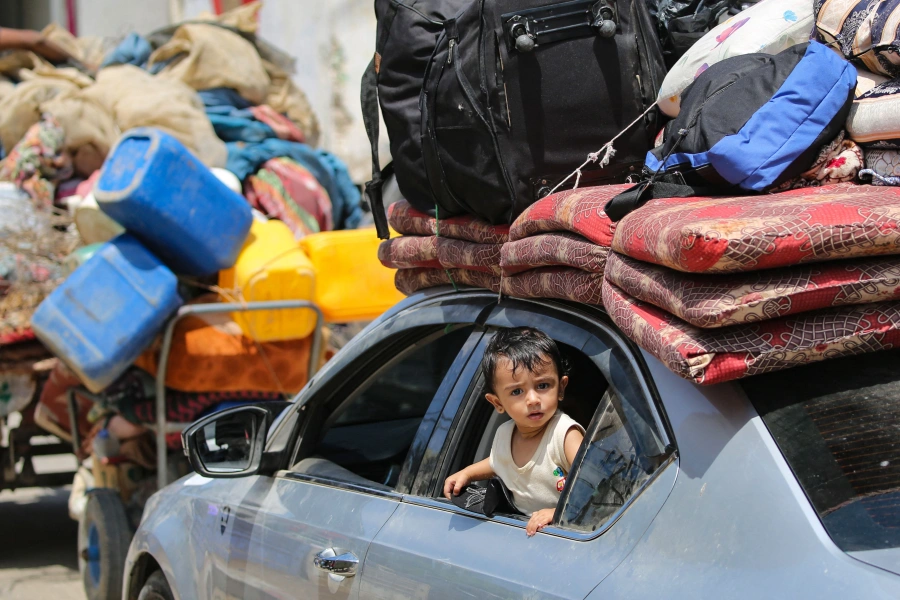The government has labeled large infrastructural projects as "national pride projects," considering their potential to drive the country's economic and social transformation. These projects are envisioned as a means to realize the national aspiration of propelling Nepal from a Least Developed Country (LDC) to a developing country through dynamic economic transformation. In the Fiscal Year (FY) 2068/69 BS, a total of 17 such projects were identified as national pride projects. Over the years, the number has gone up significantly, covering sectors such as irrigation, roads, and tourism. The government has a policy of prioritizing these projects while allocating resources and a mechanism for strong monitoring is supposedly in place. In principle, these projects should uplift the nation's morale. Ironically, however, the evidence suggests otherwise.
Shame! Shame! Shame! Shame on Nepal

Within the 15th five-year plan (2076/77-2080/81 BS), the government aimed to complete 17 national pride projects, yet only three have been completed. Despite being prioritized in terms of budget allocation, monitoring and construction, the yawning gap between the set goals and actual achievements on the ground tells a different story. Take, for example, the Babai Irrigation Project, which began in 2045/46 BS and now aims for completion by 2082/83 BS. Although its original cost estimate was Rs. 2.87 billion, the revised estimate has ballooned to Rs. 18.96 billion—and there is still no sign of timely completion. Similarly, the Lumbini Area Development Trust, initiated 11 years ago and expected to finish by 2083 BS, shows dismal progress, even though its budget has risen to Rs. 13.26 billion from the original estimate of Rs. 5.55 billion. Another glaring case in point is the Pushpalal (Mid-Hill) Highway, which runs from Panchthar in the east to Baitadi in the west. The project spent just 37.11 percent of its allocated budget in the first six months of the last fiscal year. These are not isolated cases. The West Seti and the Budhi Gandaki Hydropower Projects—also declared as national pride projects—are in no better shape. These realities starkly highlight the widening gap between the government's goals and actual implementation, making them projects of national shame. This acutely shows how incompetent and dysfunctional our government mechanisms and bureaucracy are in implementing the government's vision on the ground.
A study conducted by the parliamentary committee on National Concerns and Coordination under the National Assembly revealed several issues, including inadequate implementation strategies, delays due to tree felling, lack of skilled manpower, disputes over designs and unresolved compensation claims. While it is true that such challenges exist in major development undertakings, should the government not have anticipated and addressed these before declaring them national pride projects? And now that these issues have surfaced, should those in the government overseeing such projects not take decisive action? These unanswered questions suggest that a basic feasibility study was neglected, leading to hastily declared projects that are now becoming "white elephants." Pride is a state of honor, respect, and accomplishment—one that justifies a sense of ego. By this definition, Nepalis should be proud of these projects. But due to the government's inefficiency, the public cannot take pride even in projects designed to evoke such a feeling. Despite repeated calls to address these failures in Parliament, the government appears unresponsive and deaf to the nation's frustrations. This indifference has reached a point where shame and accountability seem to have been completely eroded. Nepalis will be left with nothing but empty pride until this chronic issue is resolved.





































